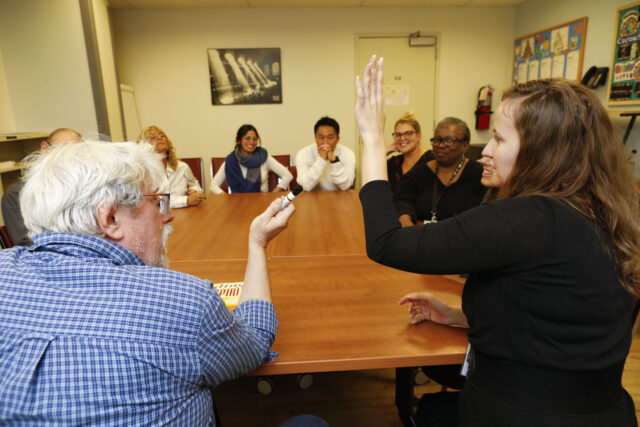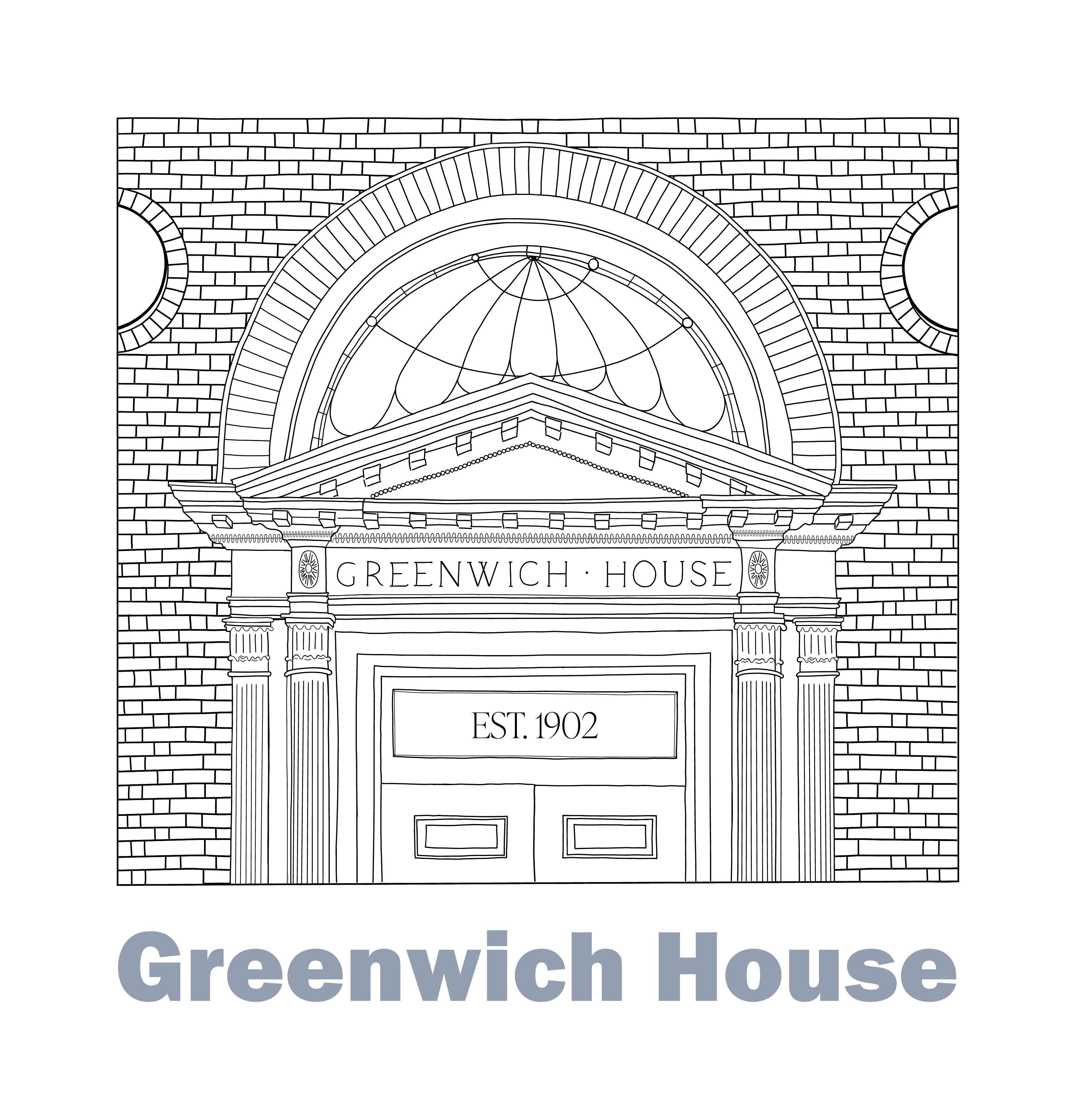Meet Ruben Torres, Certified Recovery Peer Advocate at MMTP

Group at MMTP (Ruben not pictured)
My name is Ruben Torres, I was born and raised in Brownsville, Brooklyn and I am 47 years old. I started working at Greenwich House’s Methadone Maintenance Treatment Program in March as the Certified Recovery Peer Advocate (CRPA). I do have a past with substance use. I started when I was 15; I was pressured by others in my surroundings who I thought were friends at the time. After several years of using, I began doing methadone treatment, and after a few years of listening to everyone’s stories I decided I wanted my story to be different. I started speaking more in my groups, building my confidence, and after a little while I started reducing my doses of methadone until I was able to fully stop treatment. I went to school, obtained my Credentialed Alcoholism and Substance Abuse Counselor (CASAC) license, and my CRPA certification as well. I’ve been helping people at the Lower East Side Harm Reduction Center for the past five years, and then someone who was heavily involved in my treatment process connected me to this opportunity at Greenwich House.
As a CRPA, I’m here to share in everyone’s experiences and talk about what has worked for them in the past, or what isn’t working now. I’ll share what’s helped me in my own recovery, and we’ll work together to come up with a plan that fits that person. I engage people with respect and I’m nonjudgmental, and I know what they’re going through. People open up more to someone who they know has a past and understands what they’re going through, and then I can relay what I learn to their primary counselor as we figure out their course of treatment. It’s all about building those relationships.
I talk with clients a lot about what they want to do with their life, whether it’s going to school or moving out of high-stress areas or finding ways to fill up their time with volunteering, and figure out how to point them in the right direction. I refer people to case management services, and help them fill out their paperwork to get Section 8 housing or rent vouchers for their apartment. Sometimes it takes a little time to figure out what they actually need. Recently I was working with someone who wasn’t feeling very confident, and eventually I learned she was self-conscious about her teeth, so I referred her to a dentist and helped her get insurance that would pay to get her teeth fixed, and now she’s feeling better about herself. I’ll also escort clients to places where it would help them to have some support, like court or HRA. Helping people get phones is another big thing I do. Most of our population is from the shelter system and phones are misplaced, lost, or stolen, so they then don’t have any way to keep in contact with their doctors, counselors or family. I can connect them with a free phone so they can get the support they need.
Overdose prevention is another part of my work. I do Narcan training, and fentanyl test strip training. There are a few people I engage with at the center who I was in a position to give Narcan to at the right time, and because of that I get to still see them today, laughing and talking with them when they come into the center. It’s moments like that that make me push harder and try to do everything I can to help people who come to me for help. I know how hard it is. I know how hard it is when you don’t have a family and nowhere to live, no food to eat, no clothing to wear. People get knocked down and pushed down even further all day, every day. I’m here to try and provide hope and let them know that they’re not alone in their treatment and recovery process, because I’m here with them.
It’s been really hard doing this work during the pandemic because so much of it relies on being face-to-face and forming these close relationships with people, but I’ve been adapting to how to stay connected with people through social distancing or talking over the phone. It’s especially important now because recovery is really challenging during the pandemic. Getting treatment and counseling is hard, especially since it relies more on having a phone, and other places that serve as drop-in centers where people can have a place to go hang out for the day have had to close. Their support network, which was already at a bare minimum, has disappeared to nothing. I know that recovery is an ongoing process and it can be really difficult to push through challenges like this. I haven’t used since 2006, but recovery never stops. I’ll have to do this for the rest of my life and I’m okay with it, because I’m here to help people create a better life for themselves.

